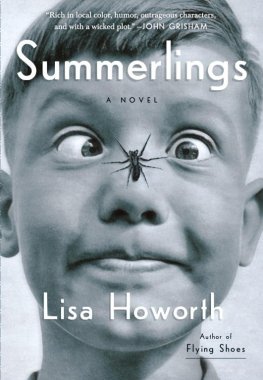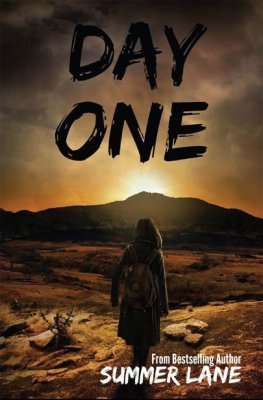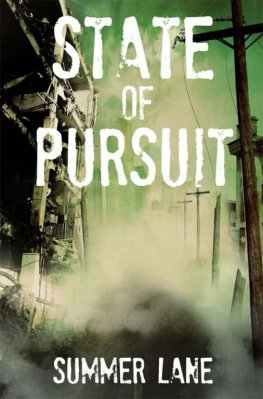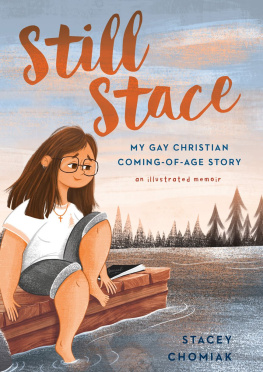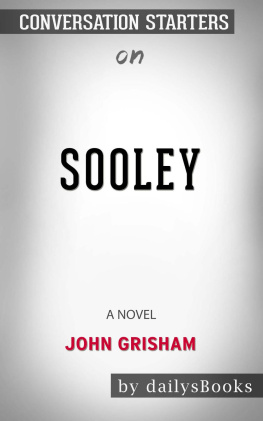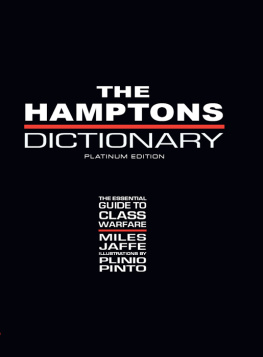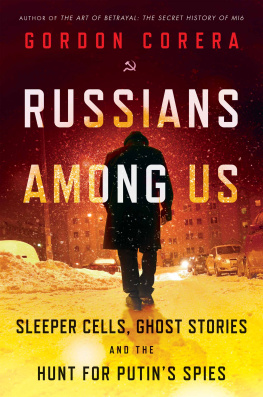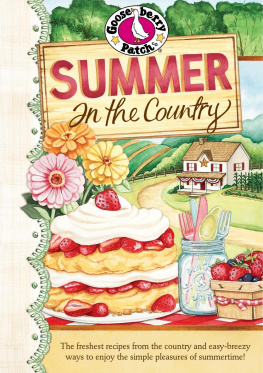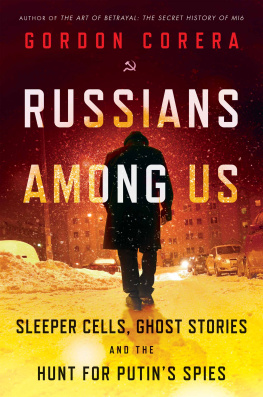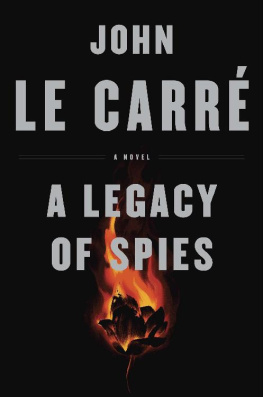For Washington, my four Washingtonian grandparents, and all the grandparents who save the day
Dear, sweet, unforgettable childhood!
Anton Chekhov, The Bishop

For us boys, the summer of 1959 was as cataclysmic as a meteor. Washingtons historic plague, our wild neighborhood party, and my first acquaintance with deaththese are the things I remember so vividly from that bright season, along with the accompanying feelings of fear, revelation, and wonder.
I was eight, the time in life when everything is still new, and some things are perceived clearly but others are murky and not understoodthat is to say, those things in the realm of adults. What my friends and I knew was a grab bag of information overheard, along with information we made up and told one another and accepted as fact. Not really so different from the grown-up world, I suppose. We existed in a smaller world of our own daunting challenges, peopled with gods and monsters. Sometimes they were the same.
It was a scorchingly hot summer. Maybe the record-high temperatures had something to do with our plague. But Washington summers are always fairly hot; the city is built on a swamp, after all. What were LEnfant and Banneker thinking? Paris, I suppose. Wide diagonal boulevards, circles, obelisks, bronze and granite heroesbut built on marshy land where cattle once grazed.
The city grew like a swamp, too. Our neighborhood, just over the District line near Chevy Chase Circle on Connecticut Avenue, was lushly green in summer, even deep into August. Connors Lane, originally just a farm road, was jungly and mossyVirginia creeper and ivy grew on houses, grass grew from cracks in the sidewalk and street. Few people had perfectly tended yards, or exotic nursery specimens from Johnsons Flowers or American Plant Food. What grew was what was used to growing: boxwoods, dogwoods, oaks, holly and yew, maples and mulberries, and, of course, the iconic cherry trees, although they werent indigenous and had been given to the city of Washington by the Japanese government in 1912. My mother told us that when the Japanese bombed Pearl Harbor, an angry mob set the cherry trees at the Japanese embassy on fire. But cherries thrived all over the citytheir delicate pink blossoms so very lovely in spring, giving our stolid, stony city a lighter feel, like a frill of petticoat peeking from under a nuns habit. In our old neighborhood, steps and walks crumbled and mold grew on walls. We didnt worry about things like mold back then; we worried about polio and radioactivity. The big oaks created a dense canopy on our lanea tunnel where we boys foraged and loitered and ran amok like the little beasts that we were. The light under the canopy gave everything a dark, watery green cast in summer, a green not like any of the greens in my new box of sixty-four Crayolas.
Connors Lane had been part of a large farm established in 1848 by two Irish immigrant brothers of that name. The farm had been sold, although a remnant of the family still lived down the lane, toward Western Avenue, where most of the newer houses were. Some of those new houses belonged to second-generation Jewish couples whose parents or grandparents had escaped Europe before the Holocaust. My grandfather said our neighborhood, because it wasnt part of the more hoity-toity enclave closer to Connecticut Avenue, was one of the few places in Chevy Chase where Jews were allowed to live, which I didnt understand but was told not to talk about. Our end of the lane, close to Brookville Road, consisted of mostly older houses of assorted vintages. My grandmother called us the Whitmans Sampler because our neighbors were all so different, and from somewhere else. Other countries, but also from other places in the U.S. Not unusual for the Washington area, but, looking back, it was unusual for most of America. We certainly didnt think it was different then; as far as we knew, it was just like everywhere else. Everywhere else must have diplomats, government people, and refugees from one bad thing or another, is what we thought, if we thought about it at all.
In fact, our family were the oddballsWashington natives, although, of course, originally we were from somewhere else, too. My grandfather Brickies grandfather, a Schultze, had come from Germany (Brickie wasnt especially proud of this) and made harnesses for President Tafts horses. Poor horses! Brickies mother came from Limerick, and my grandmother Dimmas people were from Philadelphia, going way back. I didnt know as much about my dads family because he and my mother divorced when I was five or so, and things were not cordial between them. My sister, Liz, and I didnt see our father often: the occasional dinner at ODonnells Sea Grill, or the Touchdown Club, and wed go with him to Rehoboth Beach for a few days every summer. Daddys family, Mannixes, were Irish, too, and Catholicmackerel snappers, as the lapsed-Catholic Brickie said, and I did know that Daddy had worked with his father in real estate, but theyd had a falling-out over some slum properties my father didnt want to deal with. He still hadnt found a job. Brickie said my dad was allergic to work.
We called my grandfather Brickie, a nickname from his sandlot baseball days on the Ellipse, and because of his bright-red hair. His real name was John, same as mine. He worked down in Foggy Bottom for the United States Information Agency, writing broadcasts for Voice of America. He also helped create the Jazz Ambassadors program, sending famous jazz musicians around the world to make people like America. My grandmother Dimmas name was a childs corruption of Dear Ma, what her grandmother had been called. Dimma did lady things: played bridge, shopped for beautiful clothes, did a little charity work, and enjoyed the crossword puzzle in the morning Washington Post with her Chesterfields and Cutty Sark. She was still pretty, her hair a subtle gold, and she wore stylish cat-eye glasses to match. Brickie and Dimma came to live with us when my parents separated.
Our house was fairly modest, a three-story brick colonial built on the site of an old firehouse, with what my grandmother called a porte cochere, and extensive gardens, where Brickie tended his peace roses, peonies, and annuals. The old stable where the fire engine and horses had been kept still stood in the backyard. When they moved in, my grandparents had taken the master bedroom, and my mother had moved into the attic roomat least until she left. Liz and I had our own small bedrooms, but now Liz, who, at almost thirteen, was a problem adolescent, was off at Camp Furman for the summer and would soon start boarding at Holton-Arms downtown, so I was practically an only child.
I was not exactly sure why my parents divorced. Looking back, I can see that Daddy was feckless and spoiled, and had trouble holding a job, and my mother was often depressed, and needed a lot of attention. They were both good-looking and wild, and they loved to drink and traipse off to Ocean City or Virginia Beach or New York. After their marriage ended, my mother contracted tuberculosis and had to go to St. Elizabeths, a hospital where there was a TB sanatoriumor at least thats what Liz and I were told. Nearly two years later, she was still there, although she came to visit us every month or so. I missed both of my parents, particularly my mother, but I didnt miss their fights. Divorce was lonely for childrenthere wasnt a lot of it in the 1950s, and I sometimes felt like we were frowned upon by some people, but I followed Brickies advice and tried not to think too much about it, and waited impatiently for my mother to come back to us.

